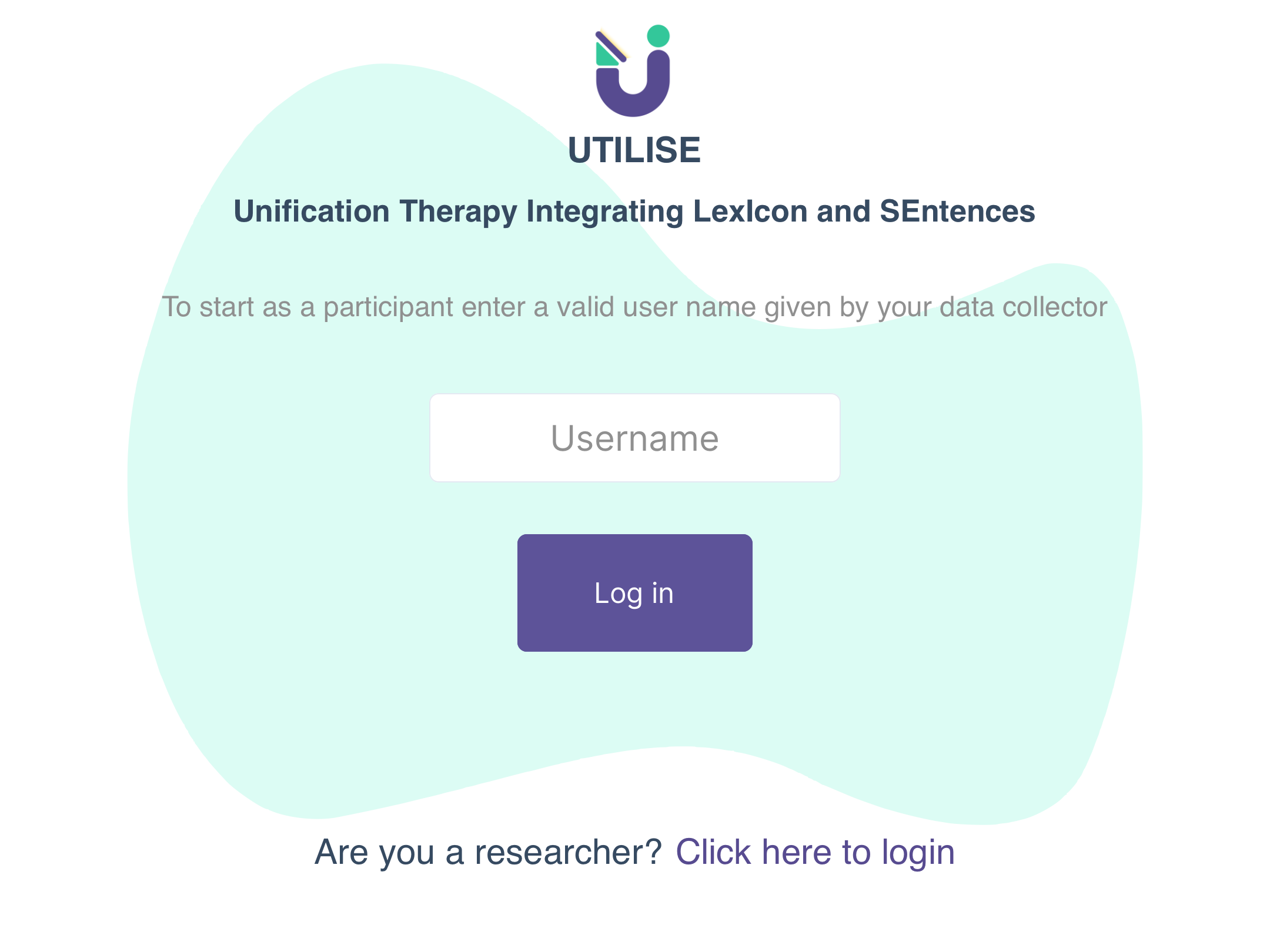It’s 2023! What have we been working on?
Time for an update from the UTILISE team. We have been working hard over the past few months…
UTILISE 1
Recruitment for our first trial, “UTILISE 1”, in which our participants travelled into UCL for 12 therapy sessions with a researcher, has finished. Fern, Claudia and Kerry have now finished collecting data; the next step will be analysing the results so we can understand how much the therapy helps and who might benefit from it the most.
Our intern, Tae, has carefully checked videos of us conducting assessments, to make sure that all researchers have been doing the same thing and have not introduced any bias to the results. She has found that we have high levels of fidelity, which is important for the integrity of our research. Put simply, the test was conducted well.
UTILISE 2
We have also been busy setting up for the next phase, “UTILISE 2”. We have been working hard with our software partners, Therapy Box, to turn the original therapy programme into an app. This means that people will be able to do the therapy by themselves, at home. With remote access to our tasks, participants can do the therapy from the comfort of their own sofas at times that work best for them.
Kerry and Fern have put together a PPI (Patient Public Involvement) group. People with aphasia and their family members are sharing their opinions and insights with us so that we can improve the research plan and better direct the research towards what people with aphasia want. We have had 3 meetings on Zoom, so far, and are grateful to those involved for their time and contributions.
The future of UTILISE
Rosemary, leader of the UTILISE team, has been putting together an application for future funding, which, if awarded, would help us to continue developing UTILISE in the coming years, and allow us to collect more data to increase the confidence in our findings.
In other news…
UTILISE researcher, Claudia Bruns, welcomed the arrival of her second daughter, baby Millie, in October 2022. Mum, baby and family are doing well, and Claudia is enjoying her maternity leave.
For more information on the work of the team:
Watch this space for updates.
Get in touch with Fern or Kerry to learn about ways you could be involved. We have a waiting list for UTILISE 2, and are always keen to hear people’s points of view. We always take an evidence-based approach to developing our projects, but we don’t know what it’s like to live with aphasia first-hand.













